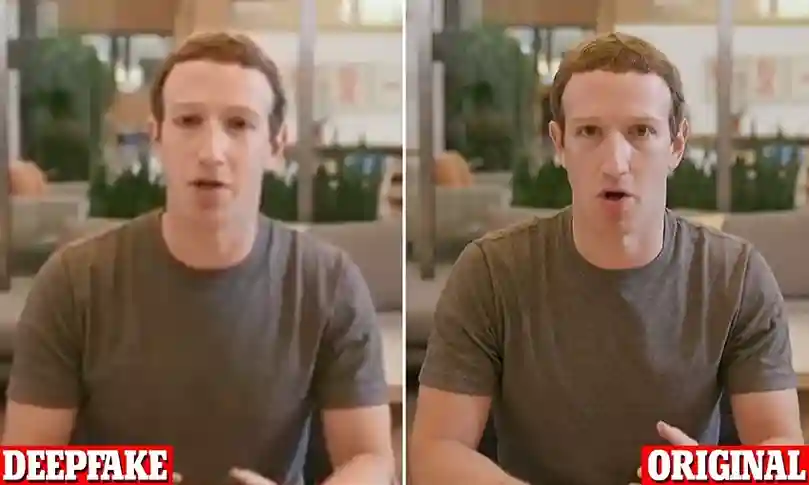Use Cases of Facti.ai
Exploring diverse applications and real-world examples of our deepfake detection technology.
News Organizations
The media and entertainment industry is highly vulnerable to deepfake technology, which can manipulate content, create fake news, and spread misinformation. This not only threatens the credibility of media outlets but also undermines public trust.
Problem:
Our platform uses state-of-the-art AI algorithms to accurately identify deepfakes in videos, images, and audio, providing reliable verification.Example:
Facti.ai offers real-time analysis, enabling instant detection and response to potential threats, ensuring your media remains trustworthy.Solution:
Our detailed reports provide insights into the authenticity of media, helping organizations make informed decisions and maintain their credibility.
Media and Entertainment
The media and entertainment industry is highly vulnerable to deepfake technology, which
can manipulate content, create fake news, and spread misinformation. This not only
threatens the credibility of media outlets but also undermines public trust..
Problem:
Our platform uses state-of-the-art AI algorithms to accurately identify deepfakes in videos, images, and audio, providing reliable verification.Example:
Facti.ai offers real-time analysis, enabling instant detection and response to potential threats, ensuring your media remains trustworthy.Solution:
Our detailed reports provide insights into the authenticity of media, helping organizations make informed decisions and maintain their credibility.
Politics and Government
Deepfake technology poses a significant threat to politics and government, where it can be
used to manipulate public opinion, influence elections, and spread disinformation. This
can undermine democratic processes and create political instability.
Problem:
Deepfakes can manipulate public opinion and influence elections by spreading false information. This can undermine democratic processes and lead to political instabilityExample:
A deepfake video of a political candidate making controversial statements is released just before an election, swaying public opinion and potentially affecting the election outcomeSolution:
Facti.ai provides transparency and defends democratic processes by detecting and analyzing deepfake content. This helps governments and political entities maintain integrity and public trust by preventing the spread of false information.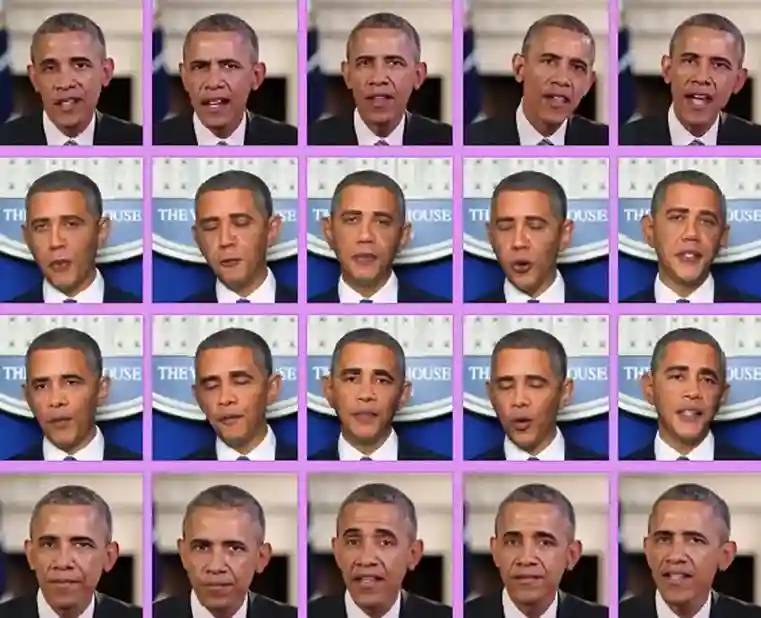
Finance and Banking
The finance and banking industry faces significant risks from deepfake technology, which
can be used to create fraudulent transactions, impersonate executives, and manipulate
financial data. This poses a severe threat to financial integrity and security.
Problem:
Deepfakes can compromise financial transactions and communication, leading to fraud, misinformation, and a loss of trust in financial institutions.Example:
A deepfake video of a CEO giving false information about the company’s financial status causes stock prices to plummet, leading to massive financial losses.Solution:
Facti.ai enhances security by detecting and preventing deepfake content in financial communications and transactions. This safeguards financial integrity and helps financial institutions protect their clients and maintain their reputations.
Educational Institutions
Educational institutions face the threat of deepfakes being used to create false
information, manipulate educational content, and even fabricate academic achievements.
This can undermine the integrity of the education system.
Problem:
Deepfakes can manipulate educational content and create false information, undermining the integrity of the education system and misleading students.Example:
A deepfake video of a professor delivering a fake lecture containing misleading information spreads online, confusing students and undermining the institution's credibility.Solution:
Facti.ai protects educational integrity by detecting and analyzing deepfake content. This helps institutions ensure the authenticity of their educational materials and maintain their reputations for providing accurate information.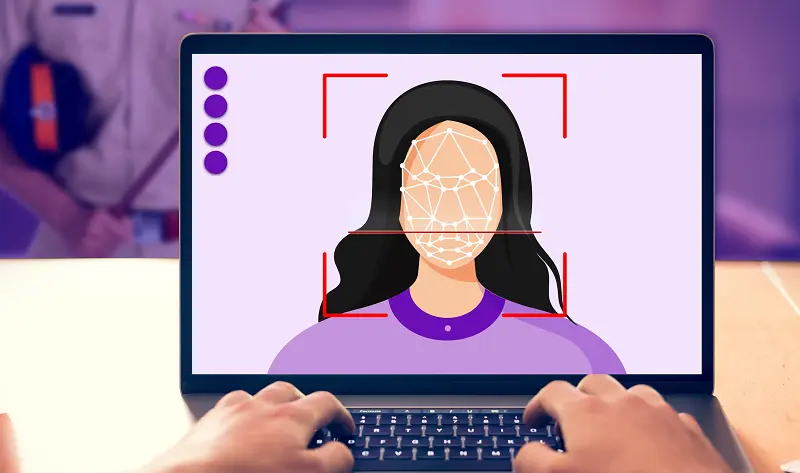
Public Figures and Celebrities
Public figures and celebrities are prime targets for deepfake technology, which can be
used to create fake endorsements, spread false statements, and damage reputations. This
can lead to significant personal and professional harm.
Problem:
Deepfakes can create false statements and endorsements, damaging the reputations of public figures and celebrities.Example:
A deepfake video of a celebrity making inappropriate comments circulates online, damaging their reputation and leading to lost endorsement deals.Solution:
Facti.ai protects the reputations of public figures and celebrities by detecting and analyzing deepfake content. This ensures that only authentic representations are seen by the public, helping to maintain their personal and professional integrity.
Legal and Law Enforcement
The legal and law enforcement sectors face challenges from deepfake technology, which can
be used to fabricate evidence, manipulate legal proceedings, and deceive law enforcement.
This can undermine the justice system and complicate legal cases.
Problem:
Deepfakes can fabricate evidence and manipulate legal proceedings, undermining the justice system and complicating legal cases.Example:
A deepfake video presented as evidence in a court case misleads the jury, potentially leading to a wrongful conviction or acquittal.Solution:
Facti.ai enhances the integrity of the legal system by detecting and analyzing deepfake content. This helps ensure that only authentic evidence is used in legal proceedings, maintaining the credibility of the justice system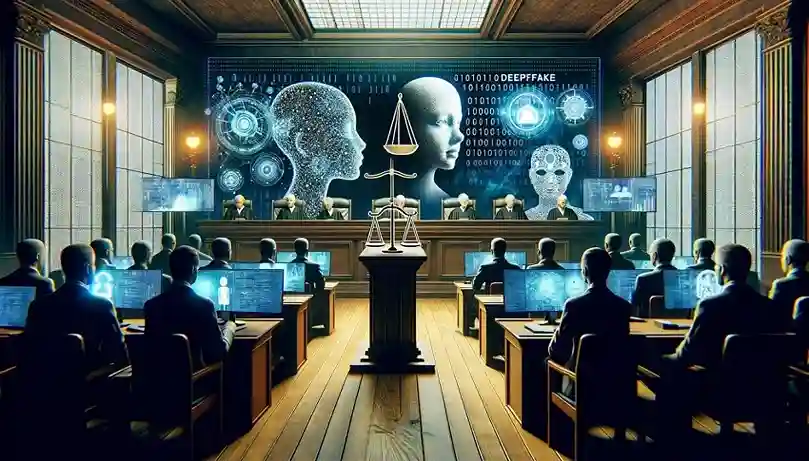
Corporate Security
In the realm of corporate security, deepfake technology presents a formidable challenge by
allowing malicious actors to impersonate executives or employees through manipulated
videos or audio. This deception can lead to misinformation, internal discord, and
compromised sensitive information within organizations.
Problem:
Deepfakes in corporate environments can deceive employees, compromise confidential data, and damage trust and credibility within the organization..Example:
Deepfake video depicting a CEO announcing layoffs, causing panic among employees and affecting company morale. Such incidents can disrupt operations and harm corporate reputation if not swiftly identified and addressedSolution:
Facti.ai offers robust solutions for corporate security by leveraging advanced AI algorithms to detect and mitigate deepfake threats in real-time. Our platform ensures the authenticity of corporate communications, mitigates risks associated with internal misinformation, and safeguards organizational integrity.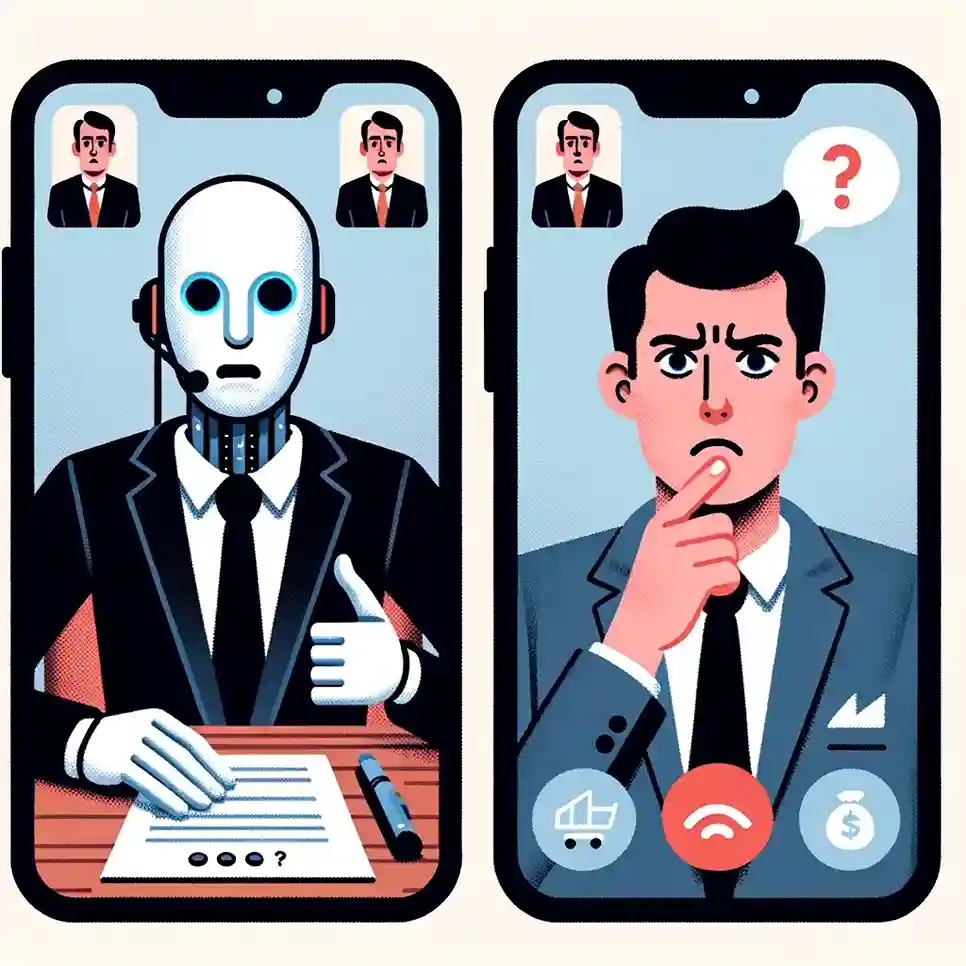
Healthcare
The healthcare industry faces significant risks from deepfake technology, which can
manipulate medical reports, diagnostic images, or videos, leading to misdiagnosis and
patient harm. Accuracy and trust in medical information are crucial for patient care,
making the presence of deepfakes particularly concerning.
Problem:
Deepfakes in healthcare can falsify medical information, mislead healthcare providers, and compromise patient care by providing inaccurate diagnostic dataExample:
Deepfake video endorsing a fraudulent medical treatment, misleading patients and endangering public health. Such misinformation can lead to widespread confusion and distrust in healthcare services if not promptly identified and addressed.Solution:
Facti.ai employs cutting-edge AI capabilities to verify the authenticity of medical content, detect deepfake manipulation in medical records and diagnostic imaging, and ensure accurate information dissemination. Our platform enhances patient safety, maintains trust in healthcare institutions, and upholds the integrity of medical practices.
E-commerce
In the e-commerce sector, deepfake technology poses significant risks by creating
counterfeit product listings, fake reviews, or deceptive promotional content. This
manipulation can mislead consumers, impact purchasing decisions, and damage brand
reputation and consumer trust.
Problem:
Deepfakes in e-commerce can deceive consumers with false product information, exaggerated claims, or fake endorsements, leading to financial losses and brand credibility issuesExample:
Deepfake video promoting a counterfeit product, deceiving customers and tarnishing the reputation of an e-commerce platform. Such deceptive practices can undermine consumer confidence and loyalty if not promptly addressed.Solution:
acti.ai offers robust solutions for e-commerce platforms by leveraging AI-driven detection and monitoring tools to identify and remove deepfake content from product listings, reviews, and promotional materials. Our platform ensures transparency, authenticity, and trustworthiness in e-commerce transactions, safeguarding consumer interests and brand reputation.
Real Estate
The real estate industry faces challenges from deepfake technology, which can create
fabricated property listings, virtual tours, or misleading property information. This
manipulation can deceive potential buyers, disrupt transactions, and damage trust in real
estate agents and platforms.
Problem:
Deepfakes in real estate can mislead buyers with false property details, misrepresented features, or inaccurate location information, potentially leading to legal disputes and financial losses.Example:
Video showcasing a property with fabricated amenities, misleading buyers and impacting the credibility of real estate professionals. Such fraudulent practices can undermine market transparency and trust if not swiftly addressed.Solution:
Facti.ai provides advanced solutions for real estate transactions by employing AI-powered verification and monitoring tools to detect and prevent deepfake manipulation. Our platform ensures the authenticity and accuracy of property listings, virtual tours, and transaction information, safeguarding buyer interests and preserving the integrity of real estate transactions.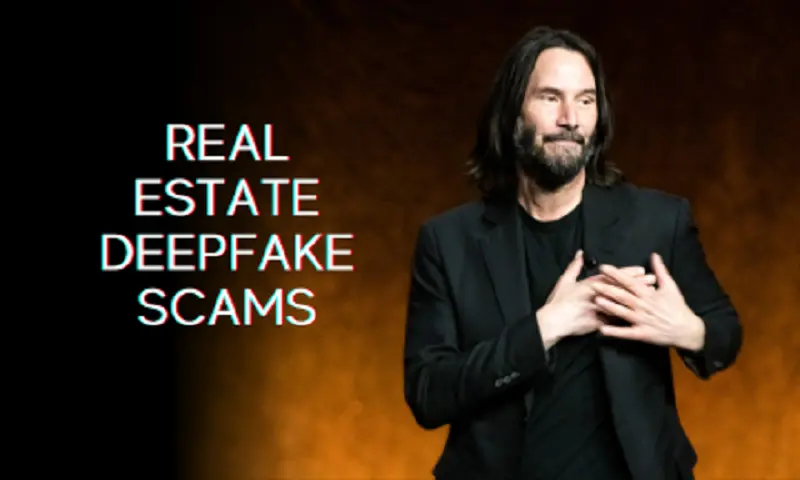
Social Media Platforms
Social media platforms are vulnerable to deepfake technology, which can create fabricated
content, fake profiles, or manipulated videos to deceive users and manipulate public
opinion. Maintaining trust and authenticity in user-generated content is crucial for
fostering a safe and reliable online community.
Problem:
Deepfakes in social media can spread misinformation, manipulate public discourse, and amplify social divisions by presenting false narratives or impersonating individualsExample:
Deepfake video spreading misinformation about a political event, influencing public opinion and undermining democratic processes. Such manipulative content can erode trust in social media platforms and disrupt online interactions if not effectively countered.Solution:
Facti.ai enhances content moderation and integrity on social media platforms by deploying AI-driven detection and removal tools for deepfake videos, fake profiles, and manipulated content. Our platform promotes transparency, authenticity, and responsible online engagement, thereby fostering a safer and more trustworthy social media environment for users worldwide.